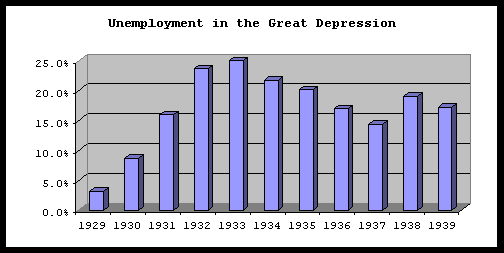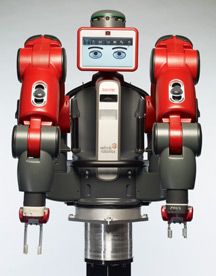Information and Communication Technology, or ICT, presently has become a serious part of the economy. Nearly all companies and consumers use computers and the internet for economic purposes. Now the customer has a wider variety of stores and ways to purchase from. Items can be bought, customized, or even services can be ordered using the current level of technology today. The influence of ICT in different economies worldwide has rapidly increased within the past twenty years. Depending on the area or region, these advances show different results from computers, cell phones, to internet usage.
While developing countries may not gain the benefits of stronger economies in ICT, there are advantages to trailing behind. The costs of staying on top of the latest technological advance has risen almost exponentially since the coming of the digital age. Weaker economies trailing in their level of technology available can afford a cheaper means of acquiring technology either through donations or purchases in bulk of unwanted items such as computers and cell phones that are outdated.
As you can see, the growth of convenient technologies skyrocketed throughout 1999-2009. I think it may be better for economies to wait a little for prices to drop to purchase the latest technological advances from microchips to supercomputers. We may not have the latest technology available at all times but some of us are content with what we have. I have an older model of a cell phone but I've resisted updating for years simply because I had no reason to. It works the same as the latest models and is compatible with everything I use it for. Do you think our economy should always do what it can to stay on top of the technology game? If you have a cell phone, is it the latest model and was it worth the cost to get it; or do you have an older one that you are happy with?
 http://govcentral.monster.com/benefits/articles/4616-transition-hottest-jobs-majors-and-agencies
http://govcentral.monster.com/benefits/articles/4616-transition-hottest-jobs-majors-and-agencies












